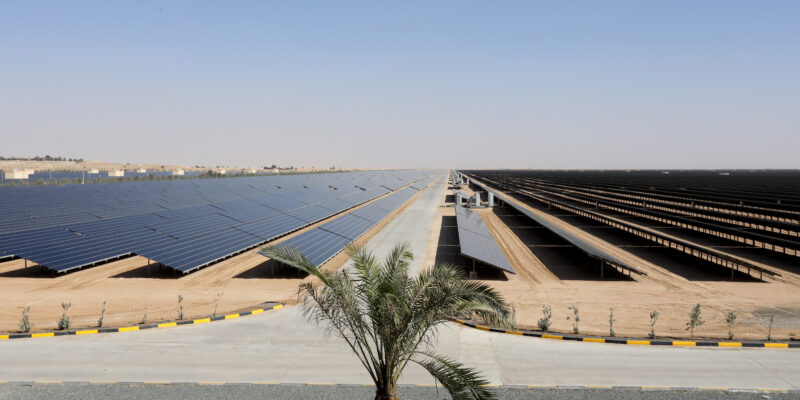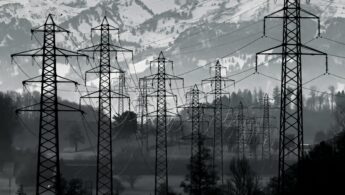Zero-carbon electricity: powering grids with wind and solar
Electricity grids are the backbone of global energy systems and are becoming increasingly important in the effort to limit global…

Countries in the middle east saw a 57% increase in solar and wind capacity from May 2022 to May 2023. Investments in solar energy alone are set to triple between 2022-2027 compared to the previous five years, presenting an opportunity for the region to diversify away from fossil fuels.
Iran, Jordan and the UAE positioned themselves as frontrunners in the race to diversify their energy mix, followed by Oman, Qatar and Lebanon. Gulf sovereign wealth funds, which collectively oversee USD 3.7 trillion in assets, have also recently turned their focus to renewables.
Solar is the dominant renewable energy technology, representing 92.7% of total installed renewable capacity in 2022, and the region has some of the lowest solar photovoltaic costs globally. In the UAE, the host country of COP28, solar energy is almost 50% cheaper than the global average. According to the International Energy Agency’s Stated Policy Scenario, solar power generation in the Middle East is projected to increase ninefold by 2030, reaching a peak share of 10%, in comparison to the current 1%.
This report is the fifth in a series of reports looking at evidence of the pace of growth in the clean energy transition. The report builds on several pieces of research on exponential systems change released by RMI, Systems Change Lab and others this year, which shows that change is happening faster than we think.
“The COP28 President Sultan Al Jaber has urged governments to agree to triple renewable energy capacity and double energy efficiency by 2030. This report reinforces evidence of the potential in renewable capacity across the Middle East. These figures not only highlight the region’s progress but also its readiness for a transformative shift in line with Dr Sultan’s vision. To fully realise this vision, our ambition should extend beyond expansion in renewables. We must also commit at COP28 to a just phase-out of all fossil fuels. COP28 represents a vital platform to champion this holistic approach, setting a precedent for a balanced and transformative global energy policy.”
Shady Khalil, Campaigns Lead, Greenpeace MENA
Laurie Haytan, MENA Senior Officer at the Natural Resource Governance Institute
“Countries in the Middle East are aware that they need to do more on energy transition. Each one of them has its own pace, but the trajectory is clear for the region: energy transition is inevitable, especially on the renewables front. Some countries in the region don’t have the capacity to access the financing needed for projects, and they would need support on building their own capacity and showing institutional discipline. Other countries need to make painful decisions to allow for renewable projects to be more competitive. The countries with both financial and institutional capacity should accelerate the development of renewable projects and act as role models for others in the region and beyond.”

Electricity grids are the backbone of global energy systems and are becoming increasingly important in the effort to limit global…

Greenwashing can take various forms, such as false advertising or misleading labelling. This guide shows how to spot greenwashing in…